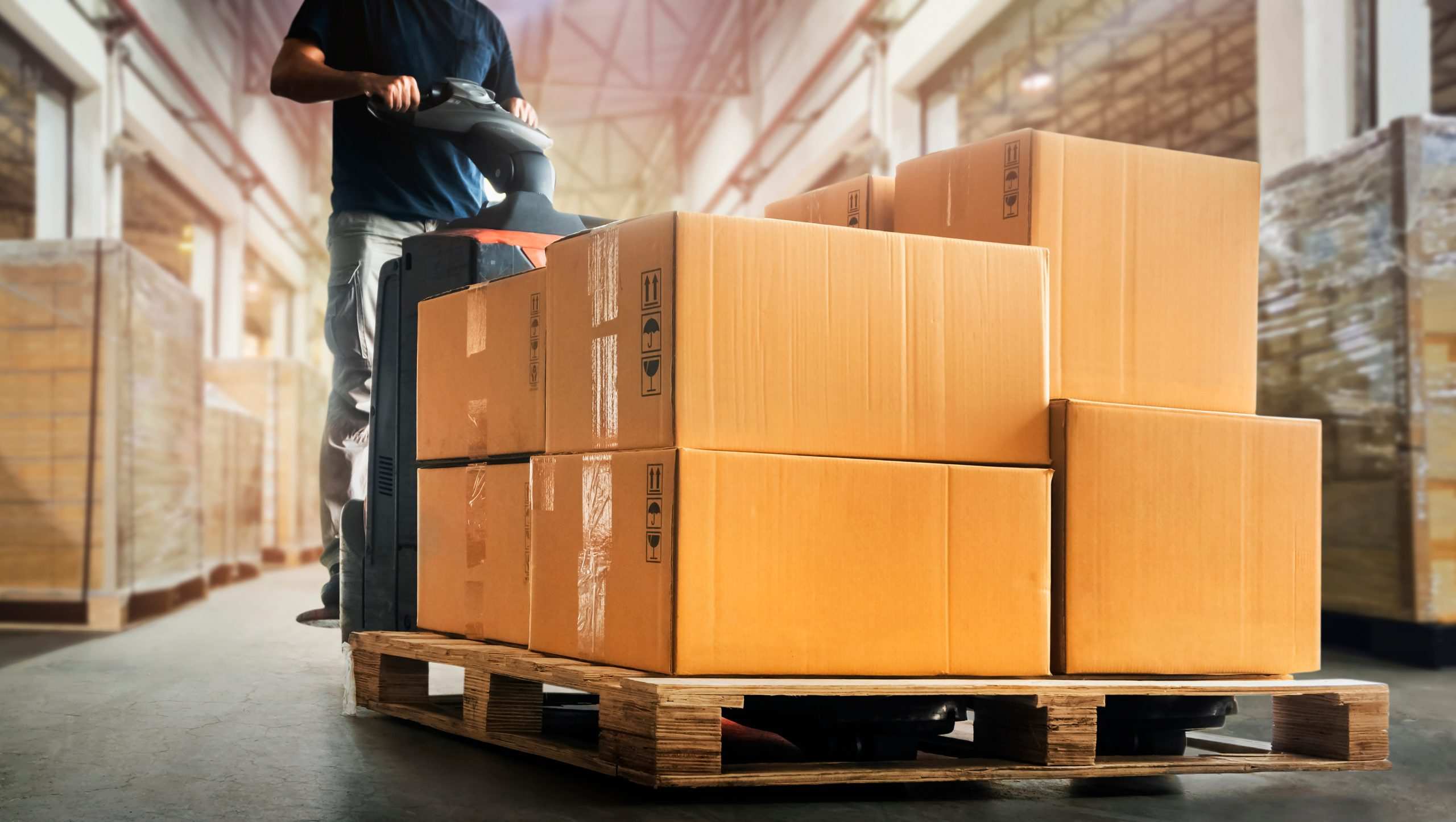Couriers in the courier industry are the silent heroes of the modern commercial world, delivering vital documents, goods and communication across town and around the globe. They facilitate efficient trade and commerce and help to keep the global economy ticking. But what exactly does a courier do? Let’s delve deeper into the role and responsibilities of a courier.
Role of a Courier
The primary role of a courier is to transport and deliver items from one location to another. They provide a vital service, ensuring that parcels, letters, documents, and sometimes larger items, reach their destinations in a timely and secure manner. Couriers may work within specific geographical areas, often within cities or towns, or they might carry out inter-city or international deliveries.
Couriers operate across a range of industries, from the health sector, where they may transport medical supplies, to e-commerce, where they play a crucial role in delivering goods purchased online to customers. They may also deliver important legal or business documents within an agreed timescale.
The modern courier often serves as the face of the businesses they represent, often being the only direct point of contact between the company and the customer. This puts them in a unique position to impact customer satisfaction, and it emphasizes the importance of their role.
Responsibilities of a Courier
Picking up and Delivering Items
The fundamental responsibility of a courier is the pick-up and delivery of items. They collect parcels, documents, and other goods from a particular location and then ensure these items are delivered to the correct address. This requires careful handling of the goods, ensuring that they are not damaged in transit.
Time Management
Couriers must manage their time effectively to meet delivery deadlines. Whether they’re making multiple stops on a local delivery route or transporting a single package across town, they must accurately estimate delivery times and plan their routes efficiently.
Documentation
Couriers are responsible for maintaining accurate records of each delivery. This typically involves collecting signatures from recipients to confirm delivery, but it might also include taking photos or logging information into a handheld device or mobile app. This record-keeping is essential for resolving any disputes or issues regarding deliveries.
Vehicle Maintenance
If the courier uses a vehicle, such as a car, van, or motorbike, they are usually responsible for its maintenance. This includes routine tasks like checking oil levels, tyre pressures, and fuel levels, as well as ensuring the vehicle is safe and clean. Some couriers, especially those working for larger companies, might also be responsible for reporting any necessary vehicle repairs.
Customer Service
As previously mentioned, couriers often represent the face of the businesses they work for. As such, they have a responsibility to provide good customer service. This includes presenting a professional appearance, being polite and helpful, and addressing any customer issues or complaints regarding the delivery process.
The Impact of Technology on the Courier Role
In recent years, technology has had a significant impact on the courier industry. Modern couriers often use handheld devices or smartphone apps to help them plan their routes, track deliveries, and confirm receipt of items. GPS technology has made route planning more efficient, allowing couriers to avoid traffic and reach their destinations more quickly. Additionally, advancements in electric and hybrid vehicles are helping couriers to reduce their environmental impact.
Conclusion
In conclusion, the role of a courier is an important one, with responsibilities that extend far beyond simply transporting items from A to B. They are vital cogs in the machinery of trade and commerce, playing a key role in sectors ranging from healthcare to e-commerce. By efficiently delivering goods, maintaining accurate records, providing excellent customer service, and caring for their vehicles, couriers ensure that businesses can operate effectively and consumers can receive their goods in a timely manner. As the digital economy continues to grow, the role of the courier is likely to become even more central to our lives.





